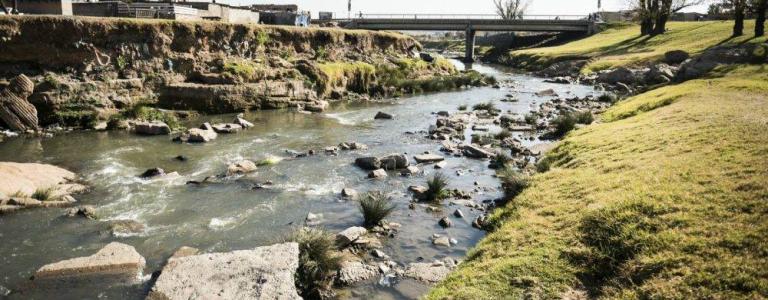Inside World Water Week 2024
Online and in Stockholm, World Water Week takes place from August 25 – 29, 2024. This year’s theme is “Bridging Borders: Water for a Peaceful and Sustainable Future”. IISD will be in Sweden participating and hosting two sessions you can watch online.
World Water Week
Held annually since 1991, World Water Week has been one of the leading conferences on global water issues. With over 15,000 registered participants and over 193 participating countries and territories, people from all over the globe attend in person and virtually to discuss water-related topics, including agriculture, climate adaptation, food security, biodiversity, and more.
IISD at World Water Week 2024:
IISD has two sessions at World Water Week 2024 and will be in Stockholm for the full event. If you’re unable to attend the sessions in person, you can register to watch online.
Registration to participate in online sessions is free. Full online access and the ability to watch recorded sessions is available at the World Water Week registration page.
IISD’s Role in Water Protection Globally:
IISD is actively working globally to improve freshwater science, policy, and nature-based solutions. From unparalleled whole-ecosystem research at the world’s freshwater laboratory at IISD Experimental Lakes Area to initiatives such as SUNCASA and CAPA in sub-Saharan Africa, Belize, and Fiji to our work with the Canadian and African Great Lakes to the projects in India, Colombia, Indonesia and beyond—IISD’s experts have global impact.
Human activity—from pollutants to climate change—is threatening the health of our planet's precious freshwater resources. Through research, policy, and on-the-ground work, the below are some of the ways IISD is focused on water protection.
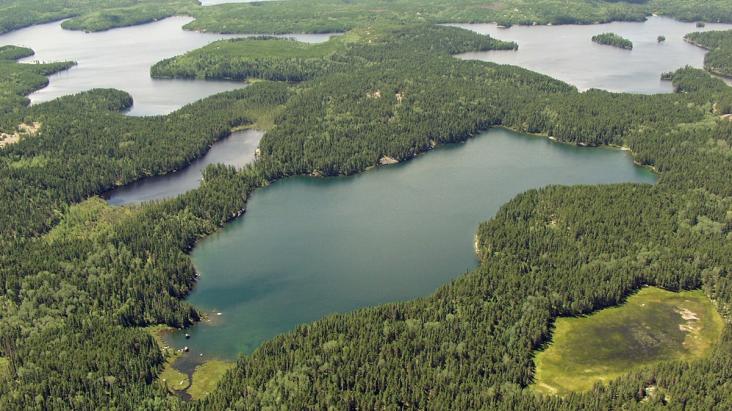
IISD Experimental Lakes Area
IISD Experimental Lakes Area is the world’s freshwater laboratory. A series of 58 lakes and their watersheds in northwestern Ontario, Canada, IISD-ELA is the only place in the world where scientists can experiment on and manipulate real lakes to build a more accurate and complete picture of what human activity is doing to freshwater lakes. The findings from its over 50 years of ground-breaking research have rewritten environmental policy around the world—from mitigating algal blooms to reducing how much mercury gets into our waterways—and aim to keep fresh water clean around the world for generations to come.
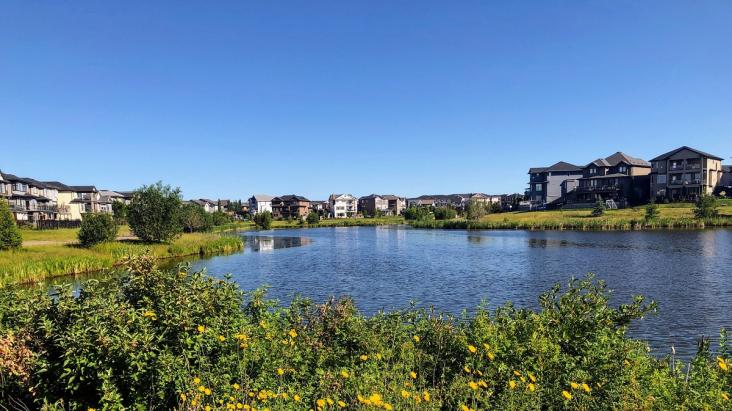
Natural Infrastructure for Water Solutions (NIWS) Initiative
Natural Infrastructure for Water Solutions (NIWS) is taking natural infrastructure from novel to normal. NIWS is scaling up natural infrastructure on Canada's Prairies—for cleaner water and more resilient communities. Natural infrastructure allows us to plan and work with nature to help meet infrastructure needs. NIWS hopes to take the idea of natural infrastructure from novel to normal, championing water infrastructure solutions in rural communities, cities, and government planning processes.
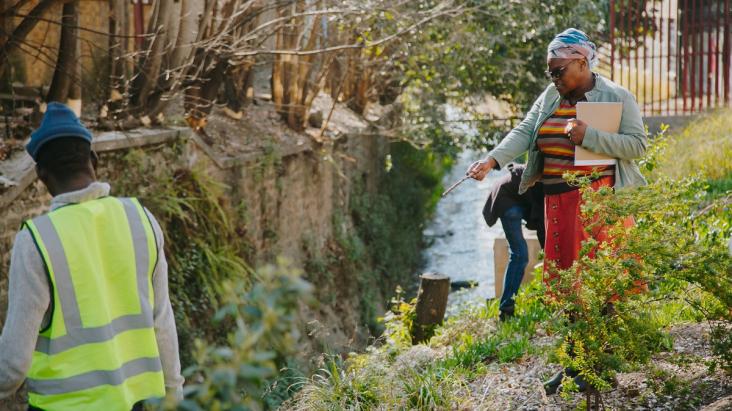
Scaling Urban Nature-based Solutions for Climate Adaptation in Sub-Saharan Africa (SUNCASA) Initiative
SUNCASA aims to enhance resilience, gender equality, social inclusion, and biodiversity protection in urban communities in Ethiopia, Rwanda, and South Africa. This 3-year project will benefit 2.2 million people living in high-flood-risk areas in Dire Dawa, Ethiopia; Kigali, Rwanda; and Johannesburg, South Africa. The project’s gender-responsive NbS include the restoration and conservation of upstream watershed areas with agroforestry, afforestation, and reforestation, buffer zone creation, and urban tree planting.
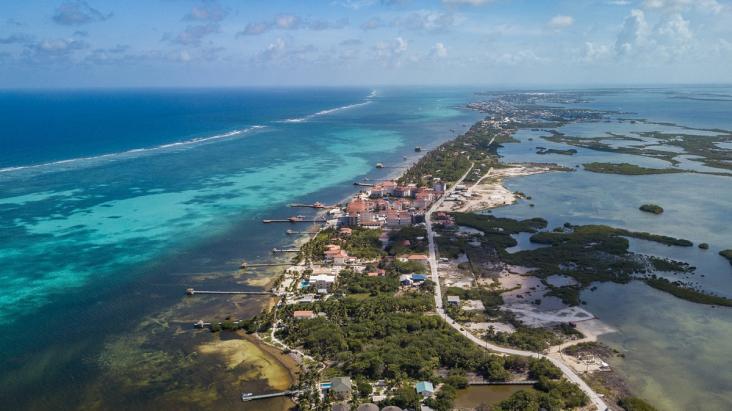
Climate Adaptation and Protected Areas (CAPA) Initiative
The Climate Adaptation and Protected Areas (CAPA) Initiative is a 3-year project that aims to use nature-based solutions (NbS) to strengthen climate resilience and protect biodiversity in and around protected areas in the Kavango-Zambezi and Greater Virunga landscapes in sub-Saharan Africa, Belize, and Fiji.
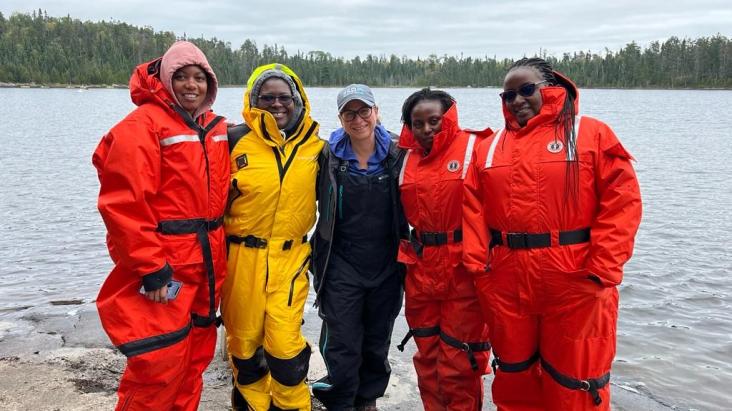
African Women In Science (AWIS)
Hosted by IISD-ACARE (African Centre for Aquatic Research and Education), African Women in Science (AWIS) is a 10-month program designed by women, for women, to support the interests, needs, and goals of early-career scientists working on Africa’s freshwater issues. AWIS aims to ensure more researchers are best equipped to protect North America and Africa’s Great Lakes—critical sources of food, clean water, and secure employment for tens of millions of people.
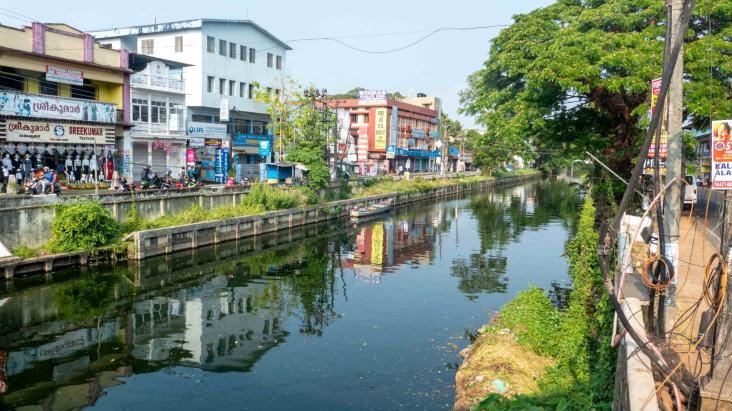
Nature-Based Infrastructure Global Resource Centre
The NBI Global Resource Centre aims to bring together key partners to establish a business case for Nature-Based Infrastructure (NBI). The leading global hub for nature-based infrastructure, the centre provides data, training, and sector-specific valuations based on the latest innovations in systems thinking and financial modelling.
Need To Know: World Water Week 2024:
“Major global water issues require partnerships beyond borders, improved policy, and changes in practice. Working with nature can help us adapt to climate challenges and protect our freshwater resources.”
– Dimple Roy, IISD Director of Water Management
Other Recommended World Water Week 2024 Sessions:
With over 300 sessions over 5 days, looking through the World Water Week programme can be overwhelming. Our session co-conveyer, the Pacific Institute, has a list of sessions they’re participating in. For the rest of the August 25 – August 29 event, we shortlisted some other top sessions.
Add the sessions to your schedule by searching via Session ID. All times are listed in Stockholm’s GMT+2 time zone. We recommend using the Time.Is Time Zone Converter to determine your time zone.
More on Water from IISD
For Nature-Based Solutions to Be Effective, We Need to Work with Indigenous Peoples and Local Communities
Nature-based solutions have been praised as a promising approach to tackling the twin crises of climate change and biodiversity loss. But some Indigenous Peoples and local communities are questioning the legitimacy of the concept and what it symbolizes. It is time to listen to what they have to say.
How Can We Work With Nature to Tackle Drought and Desertification?
Drought is one of the most devastating and pervasive challenges exacerbated by climate change. However, we can work to reduce its effects through nature-based solutions for land restoration and climate-smart agriculture.
Mainstreaming Gender Equality and Social Inclusion in Nature-Based Solutions for Climate Change Adaptation
Discover tools, recommendations, and case studies on how to plan, design, and implement nature-based solutions for adaptation that advance gender equality and social inclusion while enhancing resilience, biodiversity, and ecosystem integrity.
A focus on water can lessen climate change’s burn
Canadians need water infrastructure to protect us in the face of mounting risks of flooding, drought, extreme heat, and wildfires.
Scaling up Nature-Based Infrastructure for People and Planet
Nature-based infrastructure can help us deal with climate change and build a better future for communities worldwide
The State of Play of Natural Infrastructure on the Canadian Prairies
We sat down with key experts across the region and reviewed the latest literature to determine how we take natural infrastructure from novel to normal on Canada's Prairies.

